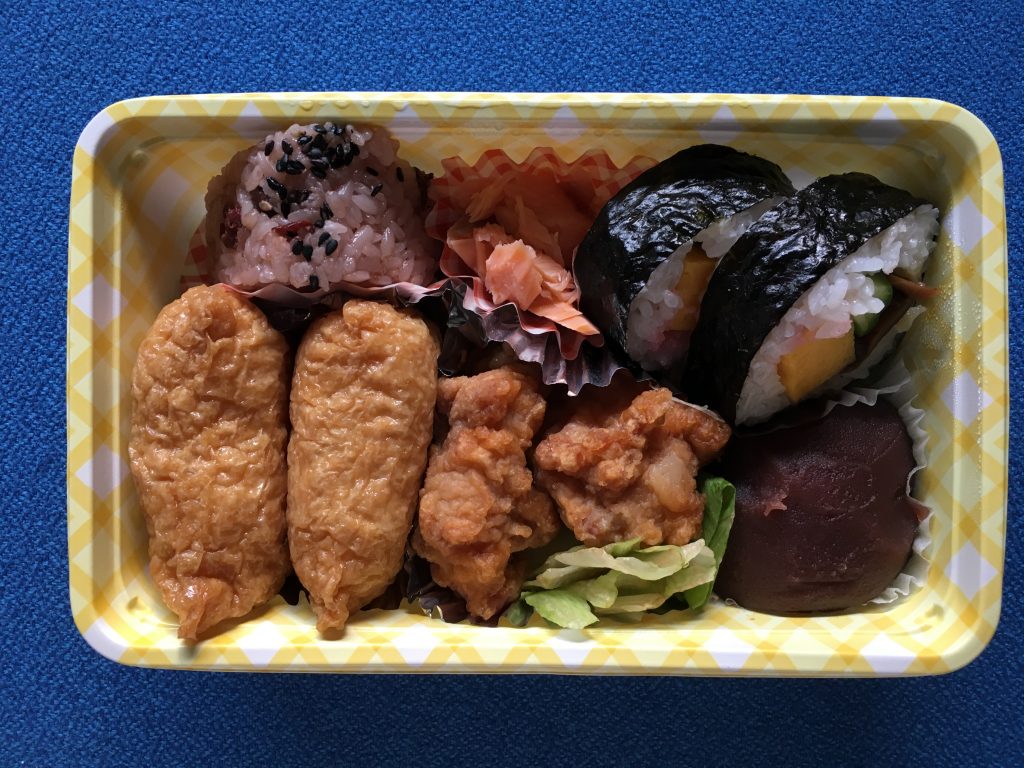This article is part of the series on my July 2018 trip to Japan. Please see the table of contents page for other articles in this series as they are posted.
In Japanese, the word kokuminsei (国民性) roughly translates to “the national character” and represents certain proclivities or characteristics of a certain race of people. To be sure, for any large enough group of people there is a great deal of variation, yet I think there is still something to be said for traits that tend to be present in a certain group of people when compared against groups.
With that in mind, I wanted to focus this article about a few experiences I had in Japan during this trip that really impressed me with regards to the kindness of the Japanese people, or perhaps it is more accurate to say of a few people––but I like to think this applies to many more.
Japan is well known as a country that values high-quality service in places like hotels and restaurants, and one way this reflects is in the type of polite speech they use. For example, “sageyou” (下げよう)is a simple phrase that can be used by waitstaff to expression an intention to remove something from a table, but this tameguchi (ため口) form would generally be used with someone you consider a peer, basically someone on or below your social/age/experience level. “sagemashou” is one level above that and uses basic –masu form in a simple version of polite language, also known as keigo (敬語). However, in several of the restaurants I visited the waitress said “osage itashimashou“ which is an even higher level of politeness. I remember vividly how a young girl in one of the restaurants in Narita View Hotel added a “ne” particle to the end of this phrase, which has a colloquial feel that I wasn’t expecting to be paired with the “osage” form.
Of course, just because polite forms are used doesn’t mean that there is a genuine kindness behind this, but more often than not I have been delighted by the quality of service in Japan, especially considering that tips are generally not given at restaurants and hotels.
Near the beginning of our trip we were trying to find the right place to go inside Narita airport, so we asked a passing police officer. While (ironically) he didn’t use particularly polite language with us, he offered to take us to our desired location, the gate for domestic flights. It was a good distance and took a few minutes to get there but he escorted us the entire way.
Pehpaps a better example of Japanese kindness was one time we were searching for the way back to our hotel, nearby suidoubashi (水道橋) station in Tokyo. We asked an older gentleman who was leaving a law school building and he gave us some brief directions, but then went inside the school to double check with someone and, upon returning, walked us a block or so until we got to a landmark we recognized. This is far more impressive than someone in the service industry being nice because this man really had nothing to gain from going out of his way to help us. (Note: while we did have smartphones, the GPS signal was jumping around and that made navigation challenging at times)
But by far the most extreme example of Japanese kindness was when was my son was playing with a girl in a bookstore near Tokyo Dome, and we started up a conversation with her grandmother who had to brought her there. During the conversation (we spoke for quite a while, at least 20-30 minutes), she invited us to come to dinner at her house in two days, and even said she would come pick us up in her car.
Unfortunately, when we contacted her the next day she said something important came up and would have to cancel. But she offered to make us bento boxes for dinner and dropped them off that night at our hotel before we returned.
When we asked at the lobby, we were surprised to find that in addition to the three bento boxes was a heavy bag of books, including a thick illustrated encyclopedia of the universe for children. While some of the books looked used, they were in good condition and alone probably originally cost over $100, not to mention the homemade food in the bentos themselves were delicious! They made an excellent breakfast the next morning.
(Back to the table of contents page for this series)
